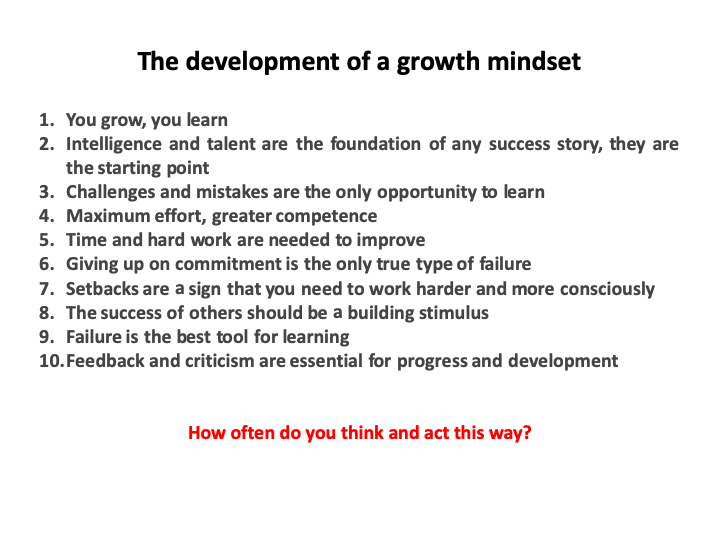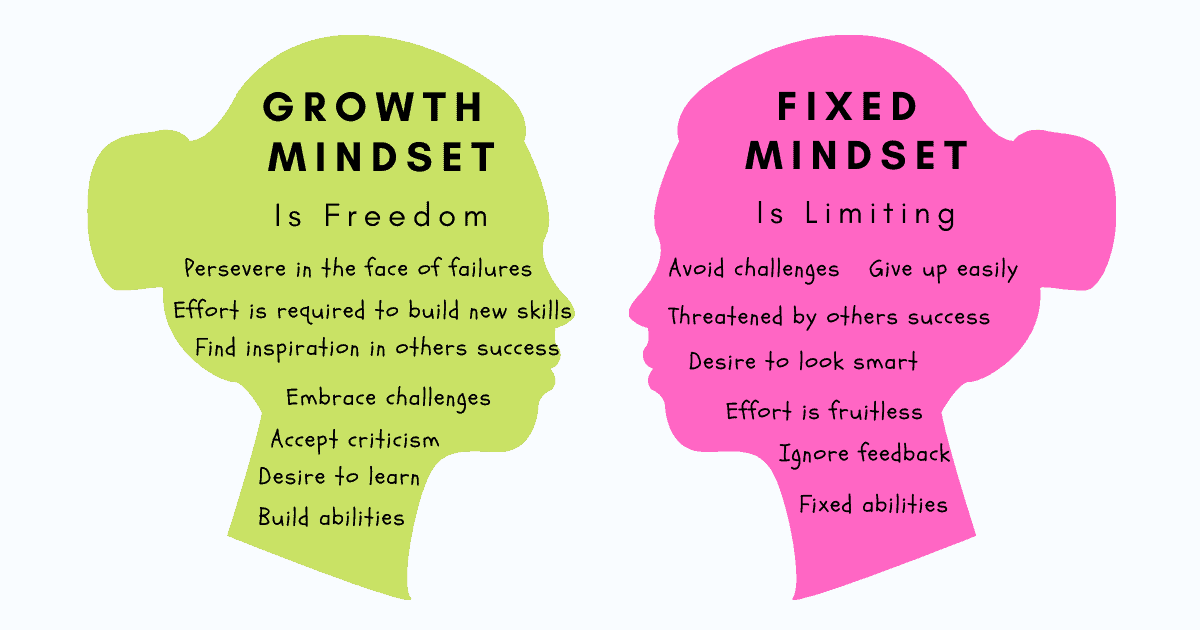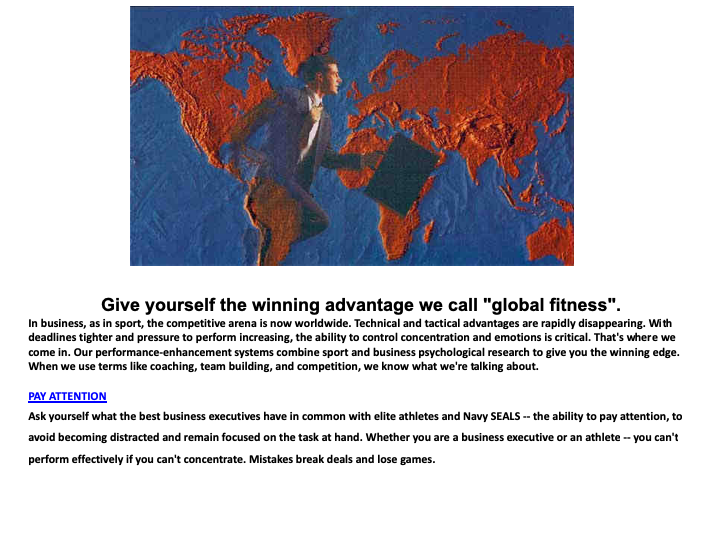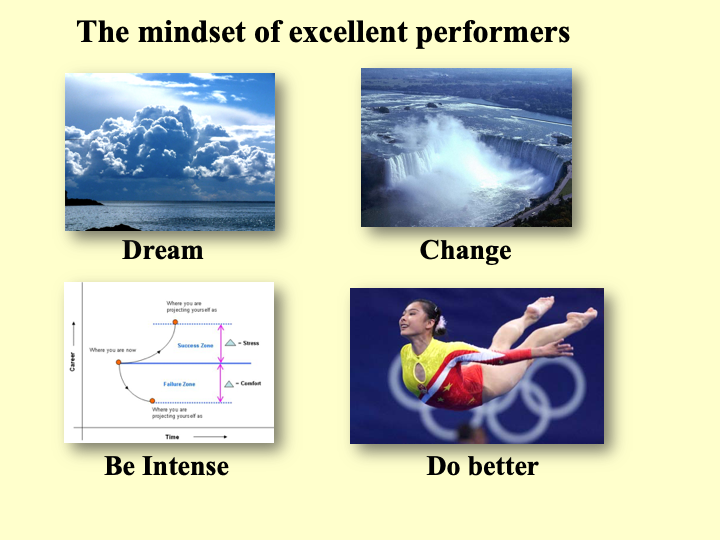Now begins the phase of self-control. There was a case of covid in an international golf tournament, the same happened in Adria in the tournament promoted by Djokovic, where a finalist was positive. In Italy, in football there will be a bland quarantine in case the virus hit a player or other members of the team. Small but negative signals that push us to live in apnea, as if waiting.
Always negative and more relevant signals come from Italy. There are statistics that say that the number of positives is not falling as expected, probably due to inadequate behaviors. And this would increase the probability of a second wave in the autumn. According to research conducted by the Catholic University, 41% of Italians do not seem willing to vaccinate against Covid. At the moment only a few million people have downloaded the Immuni App. It is mainly people between 35 and 59 years (with 48%) to declare that they do not want to be vaccinated, it is also a transversal group in relation to professions that unites workers and entrepreneurs, employees and professionals. They share a psychological profile in which prevails a “fatalist”, “individualist and selfish” and do not perceive the value of social responsibility. The research has shown that compared to March, the self-control of the population to respect the rules has decreased, dysfunctional behaviors have increased and the emotional willingness to continue to respect them has decreased.
Therefore, these people show a difficulty in integrating the return to normality within the framework of rules that are not the usual ones, but which imply awareness of the social role of each person with regard to the management of their own health and responsibility towards their community. These dysfunctional attitudes are the usual ones that people use to justify to themselves behaviors that are clearly negative for their health, just think of the problems related to smoking, nutrition and sedentary lifestyle, just to remember the most common ones in our society. The fatalistic approach (“I will certainly not die of cancer because I smoke” or “You have to die of something anyway”) and the individualistic approach (“They say what they want me to smoke” or “Life is mine and I do what I want”) are enemies of social life and personal self-control. We are faced, therefore, with the reactions that people show to those problems requiring solutions that are developed in the long term and do not end quickly. They are not reactions different from those they have used in the past, but until now they have mainly involved only themselves.
To this approach should be added that crowding into a square to have fun with friends immediately produces positive emotions, while respecting the rules of physical distancing to stay healthy will only produce a positive effect over time. In essence, these behaviours are reinforced by the immediate benefits that they bring and that outweigh the costs and consequences over time.
We need a change of mentality because now it is completely different and the effects of our actions have an effect on the health of others we come into contact with.The difference lies in the pandemic that involves the whole of society, which has hit everyone’s daily life very hard and still continues to change the rules of social coexistence and work. All this requires a collective solution that drastically reduces dysfunctional behaviors and the whole country will have to actively move in this direction.








